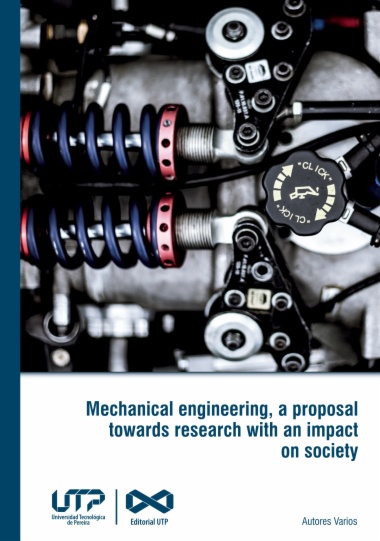The authors are pleased to present the findings of the research projects conducted by GENERGÉTICA research group affiliated to the Department of Mechanical Engineering at the Universidad Tecnológica de Pereira. These chapters delve into research topics concerning fuel economy and energy efficiency in light duty vehicles (LDV). In the first chapter, titled "Fuel economy baseline update for light duty vehicles in Colombia", authors Melissa Valencia, Daniel Ríos, Juan E. Tibaquirá, Sebastián Ospina, Juan C. Castillo, Juan C. López, and Luis F. Quirama provide an update on the fuel economy baseline of the LDV fleet in Colombia between 2017 and 2019. This project received funding from The United Nations Environment Programme (UNEP) as part of the Global Fuel Economy Initiative (GFEI). The fuel economy baseline serves as foundation for future policy measures aimed at enhancing the fleet’s energy efficiency and quantifying their potential impact. This chapter details the methodology used to establish and update the fuel economy baseline in Colombia, which can be applicable to other countries as well. Furthermore, it presents disaggregated results based on vehicle classes such as cars, trucks, campers, pickups, and vans, providing a comprehensive overview of the current state of the national LDV fleet. In the second chapter “Determination of the coefficients of resistance to the movement of a light vehicle type automobile” authors Juan C. Castillo, Juan C. López, David A. Serrato, Álvaro Restrepo, and Juan E. Tibaquirá propose a methodology for measuring the fuel consumption of LDVs considering its movement resistance coefficients. This study was funded by the Instituto Nacional de Metrología de Colombia with the objective of establishing road and laboratory procedures for quantifying movement resistance coefficients and incorporating them into laboratory fuel consumption tests. The chapter describes the methodology, the analysis of the deceleration curves both on road and in laboratory and outlines the adjustment and calibration methods employed. It also presents an uncertainty model that encompasses all the stages of the procedure. The Department of Mechanical Engineering welcomes the reading of these studies, which aim to address the national and regional challenges pertaining to energy efficiency and emissions in the transportation sector.
- Cover
- Title page
- Copyright page
- Content
- Presentation
- Chapter one
- Fuel economy baseline update for light duty vehicles in Colombia,Melissa Valencia Duque, Daniel Ríos Osorio, Juan E. Tibaquirá, Sebastián Ospina, Juan Carlos Castillo Herrera, Juan Camilo López y Luis Felipe Quirama
- Chapter two
- Determination of the coefficients of resistance to the movement of a light vehicle-type automobile, Juan Carlos Castillo, Juan Camilo López, David Andrés Serrato, Álvaro Restrepo y Juan Esteban Tibaquirá

